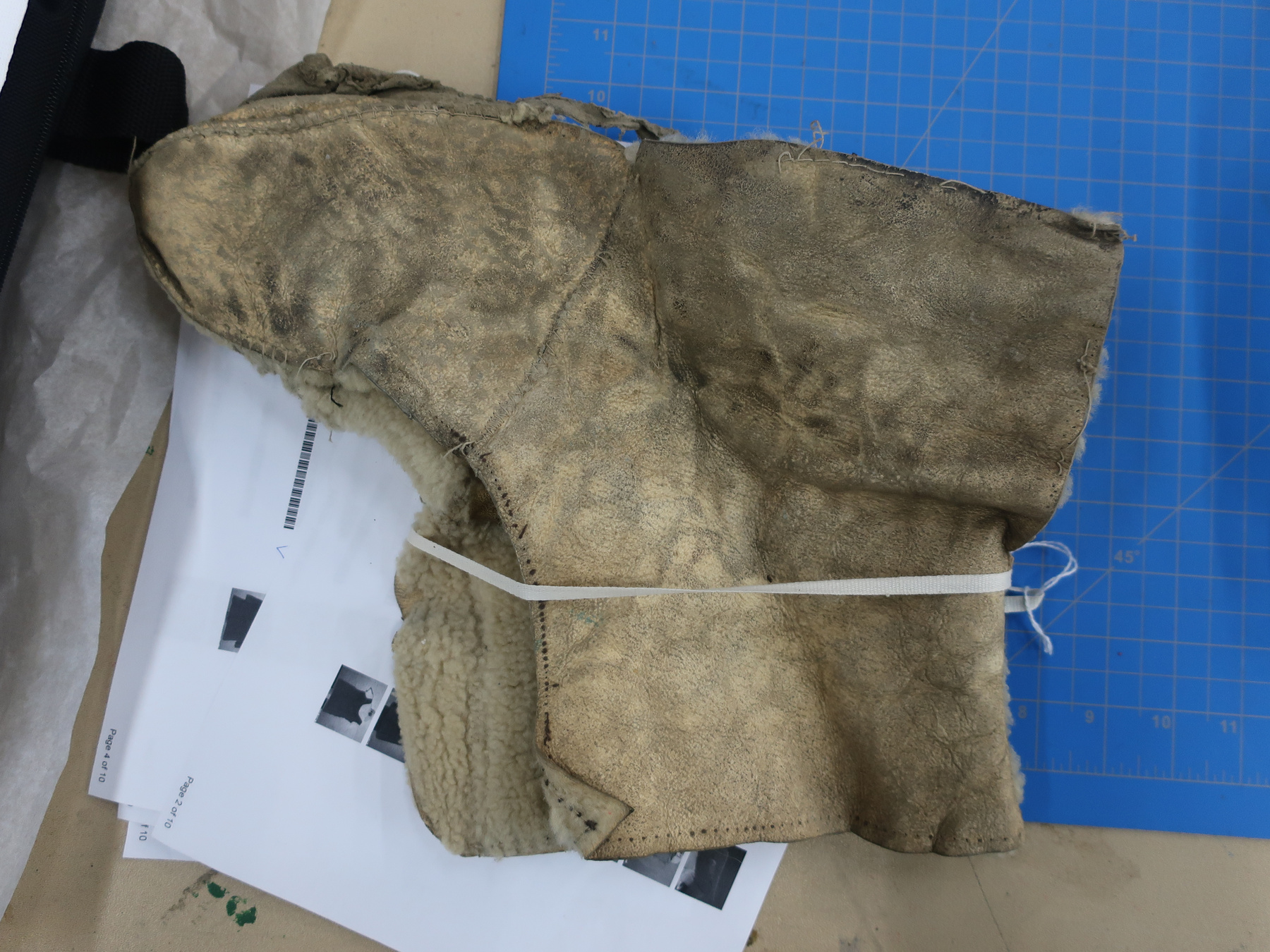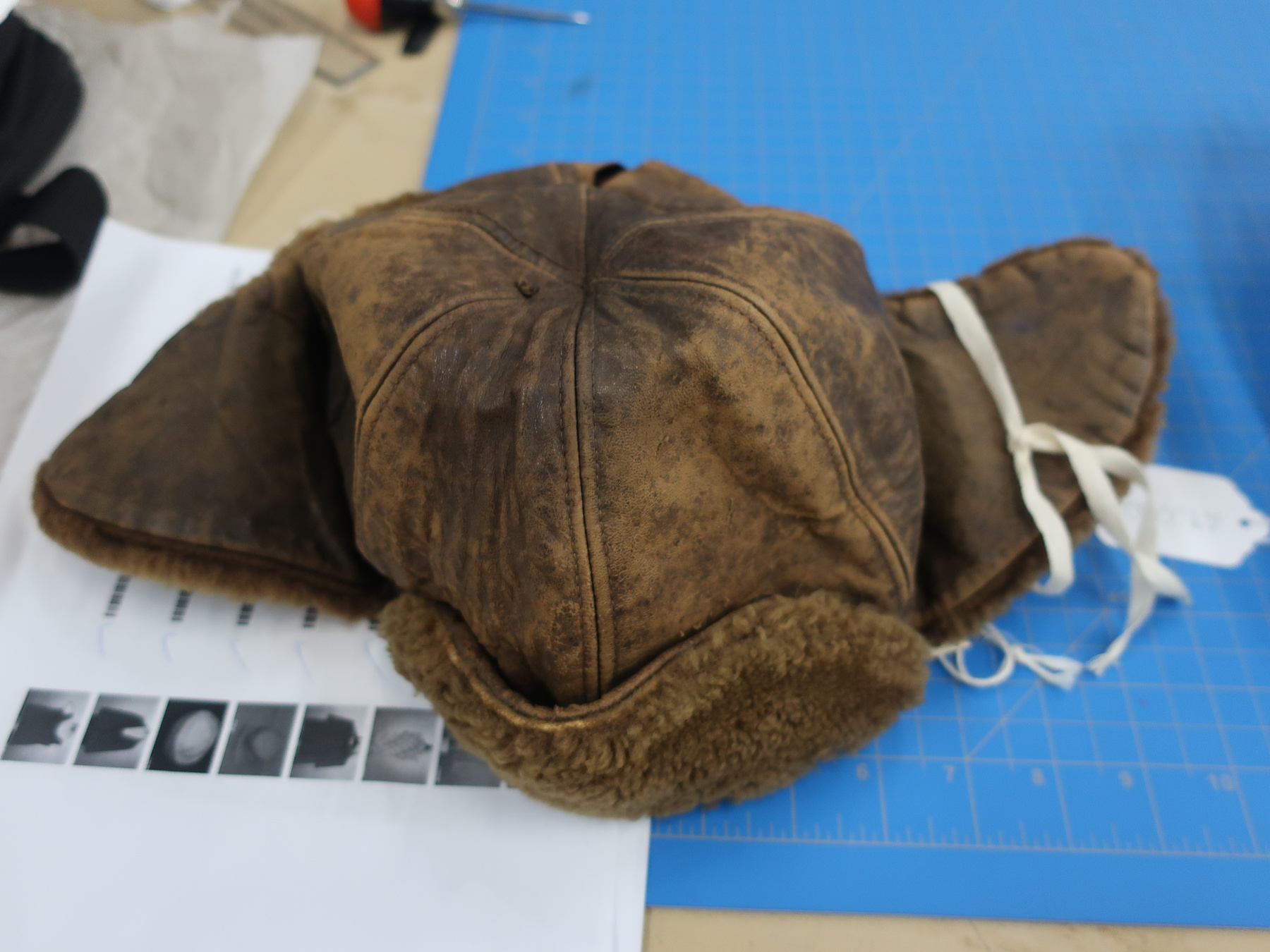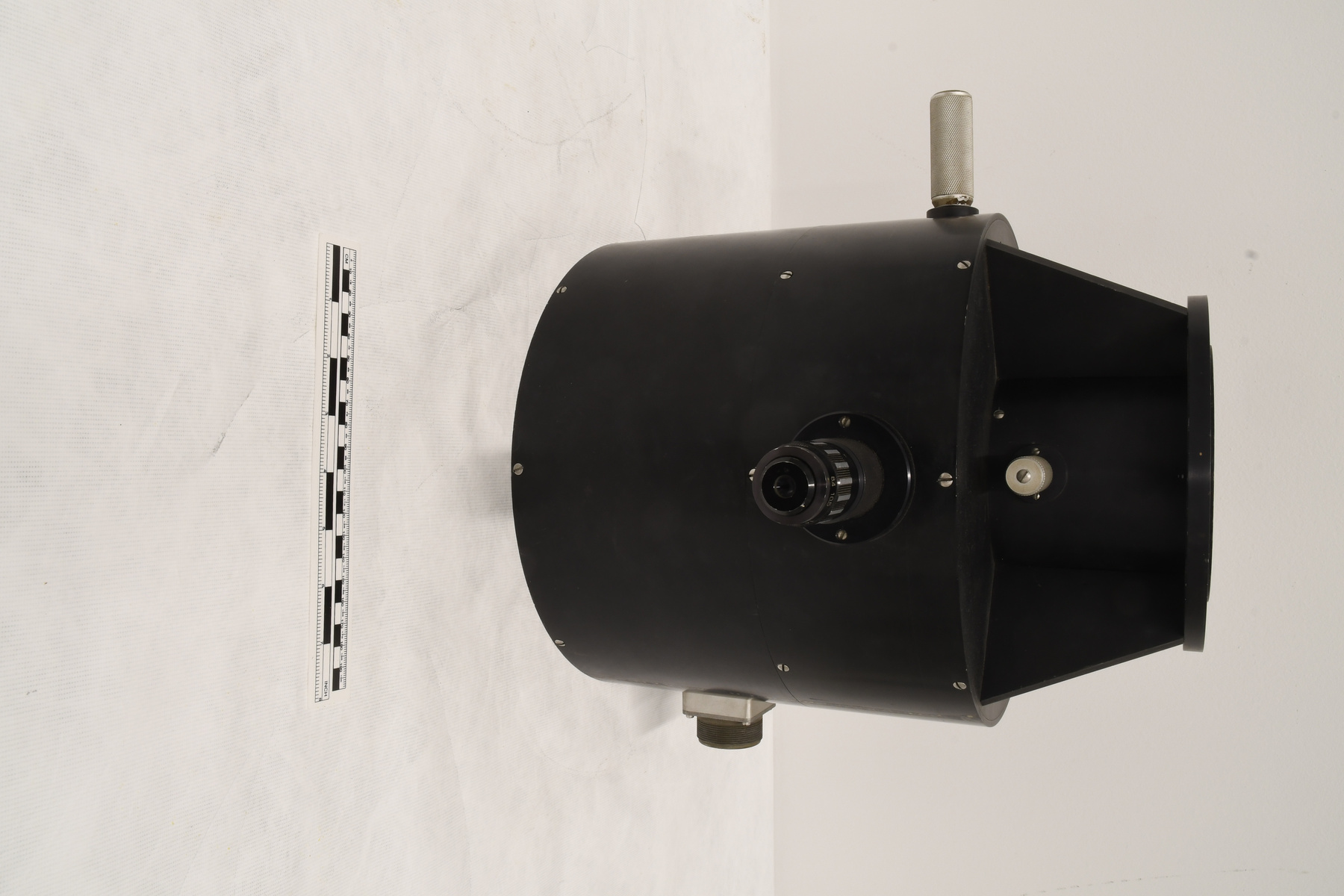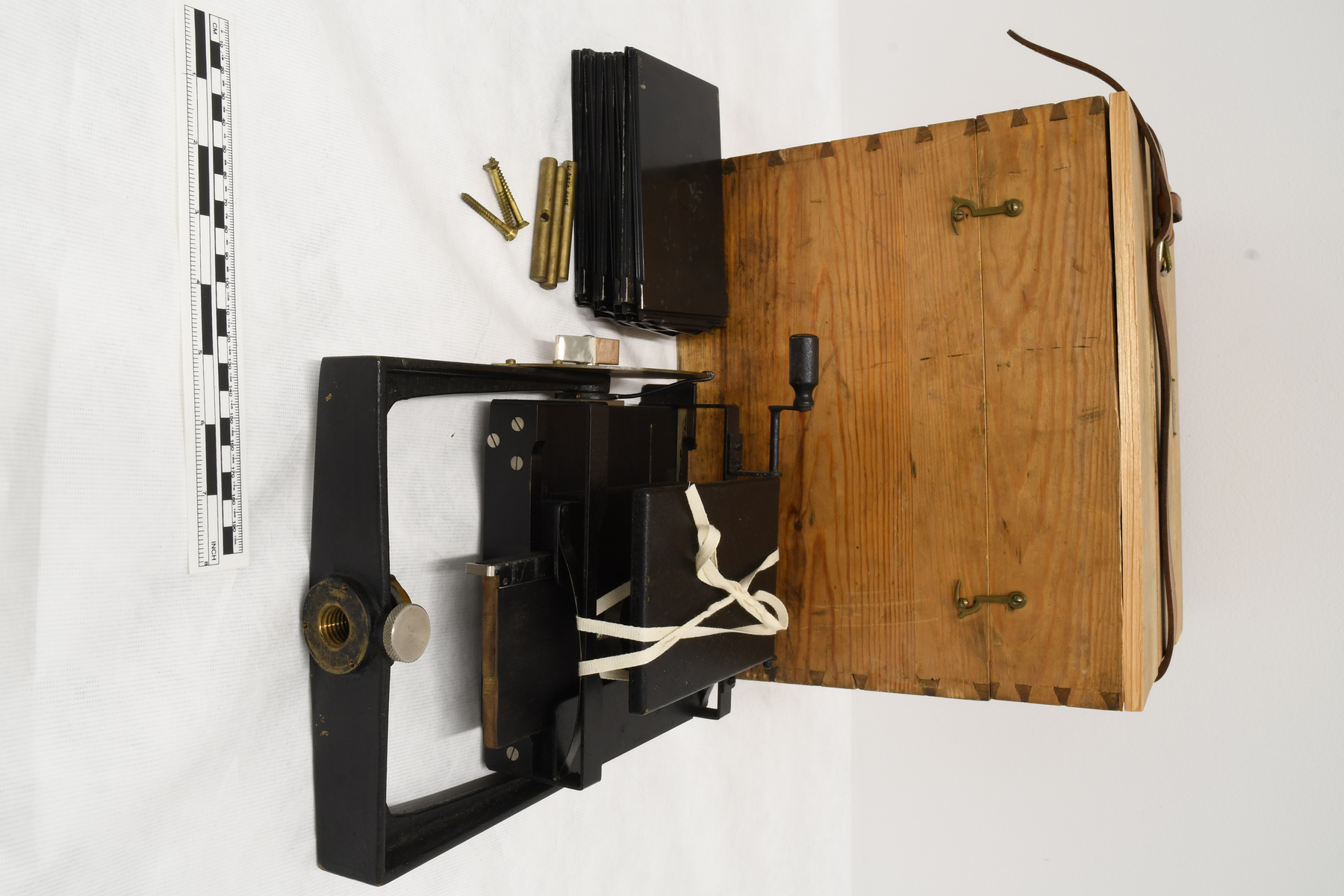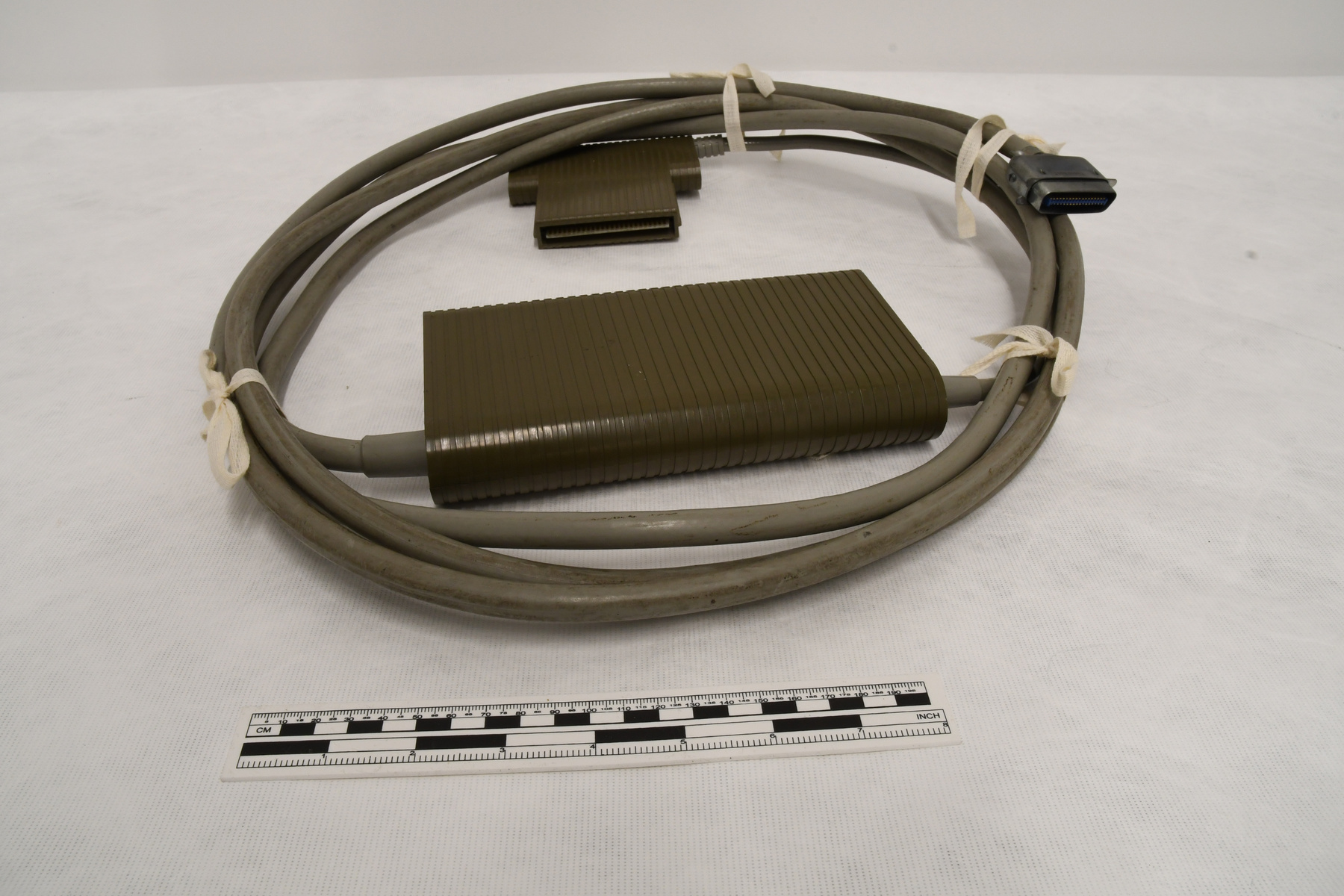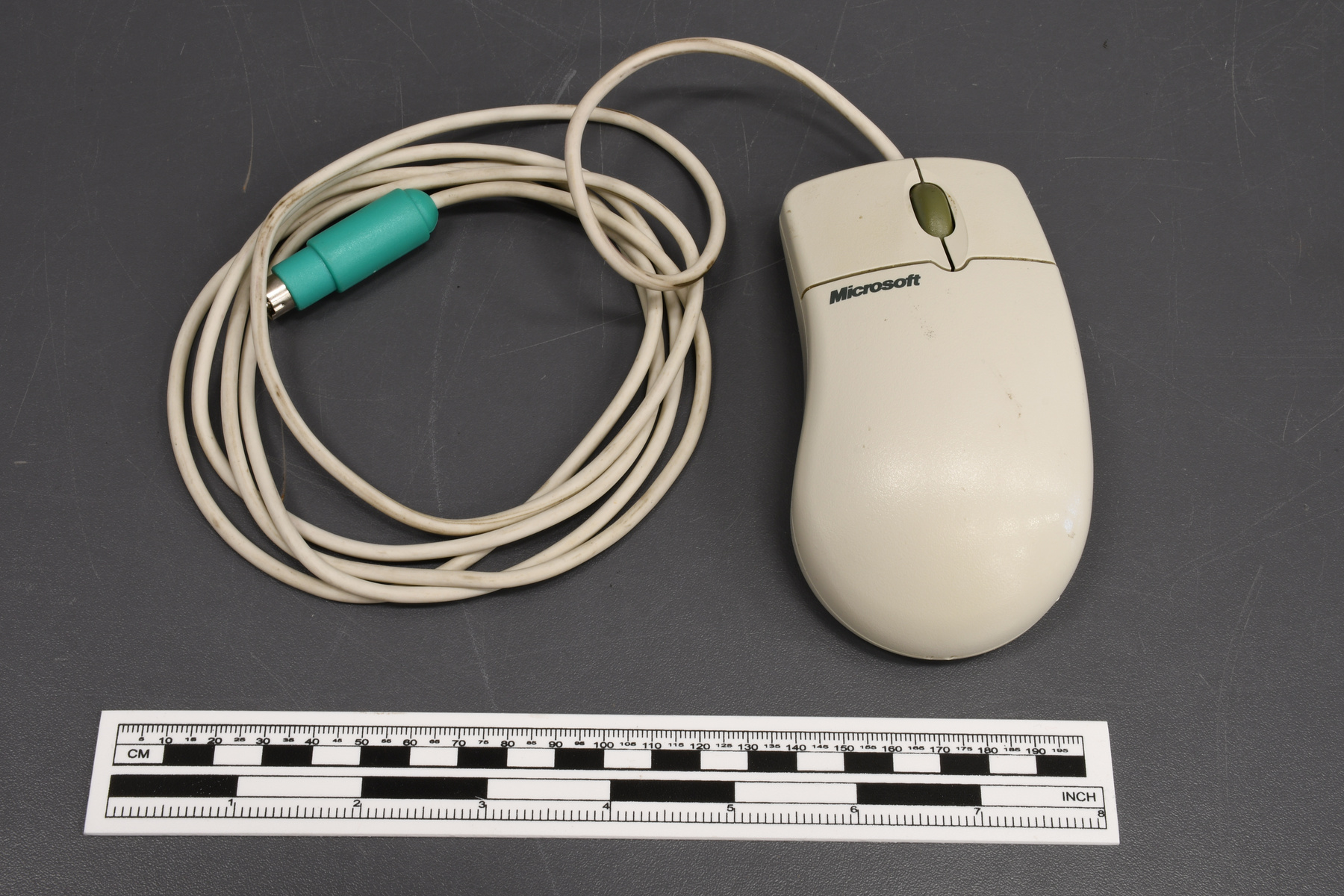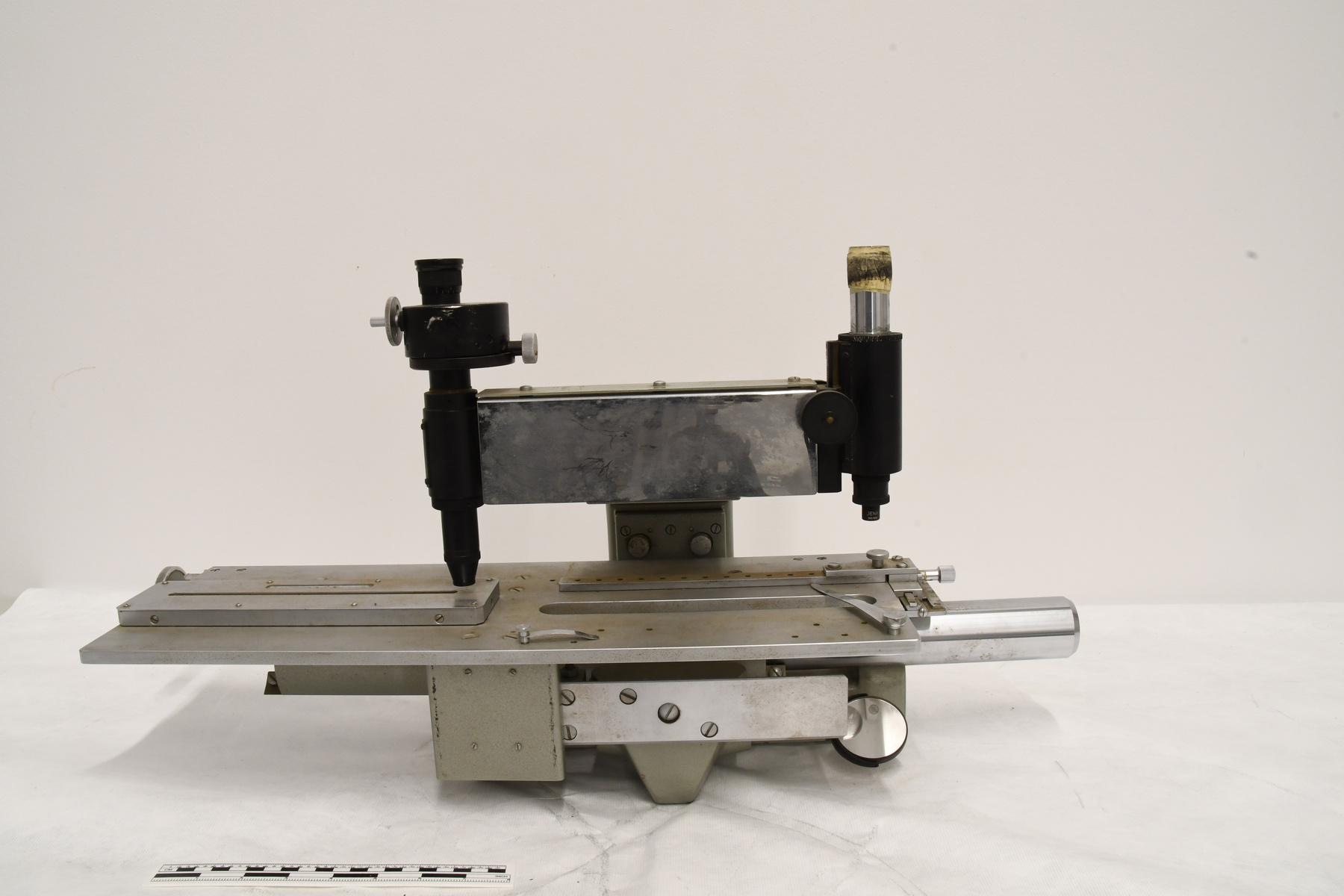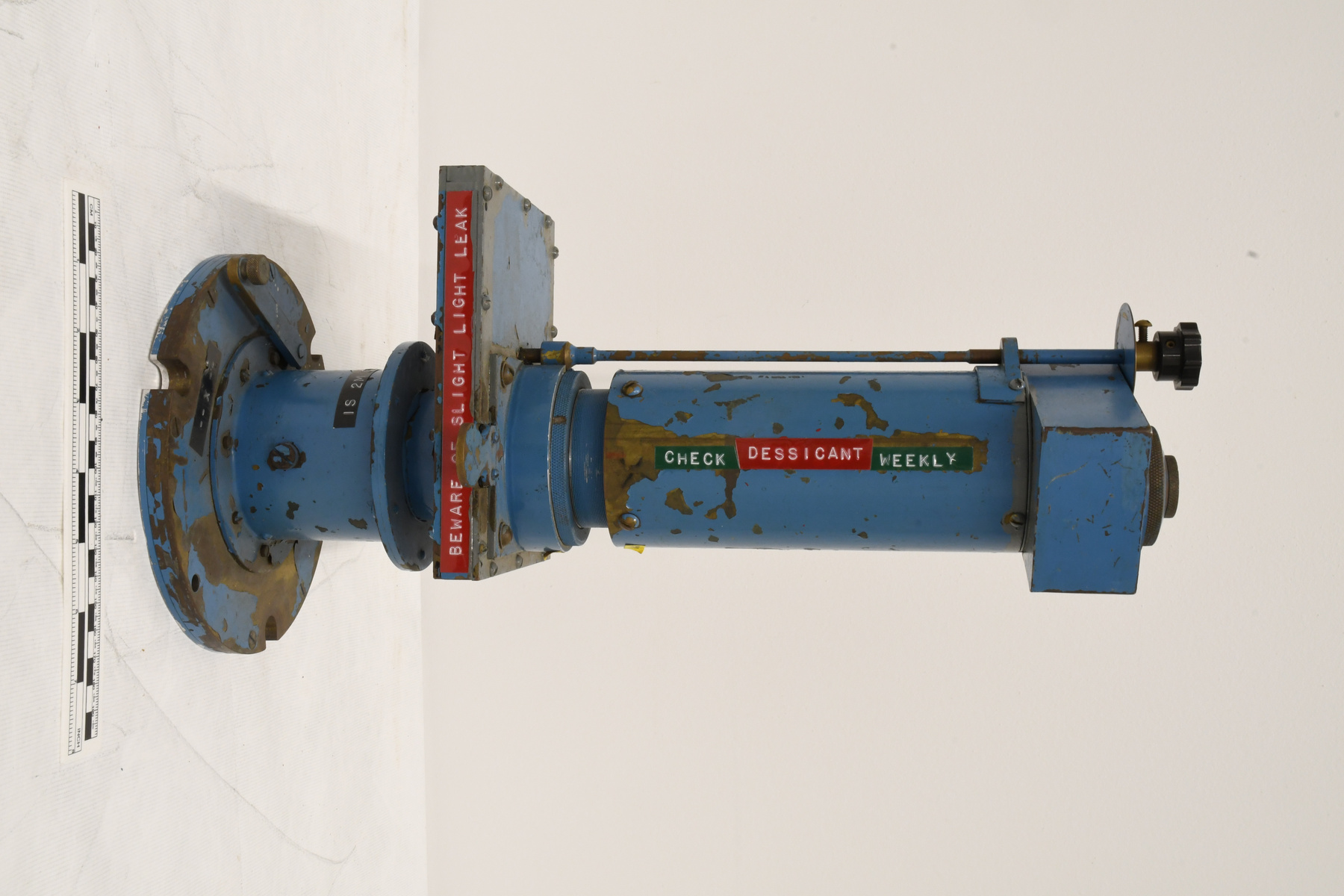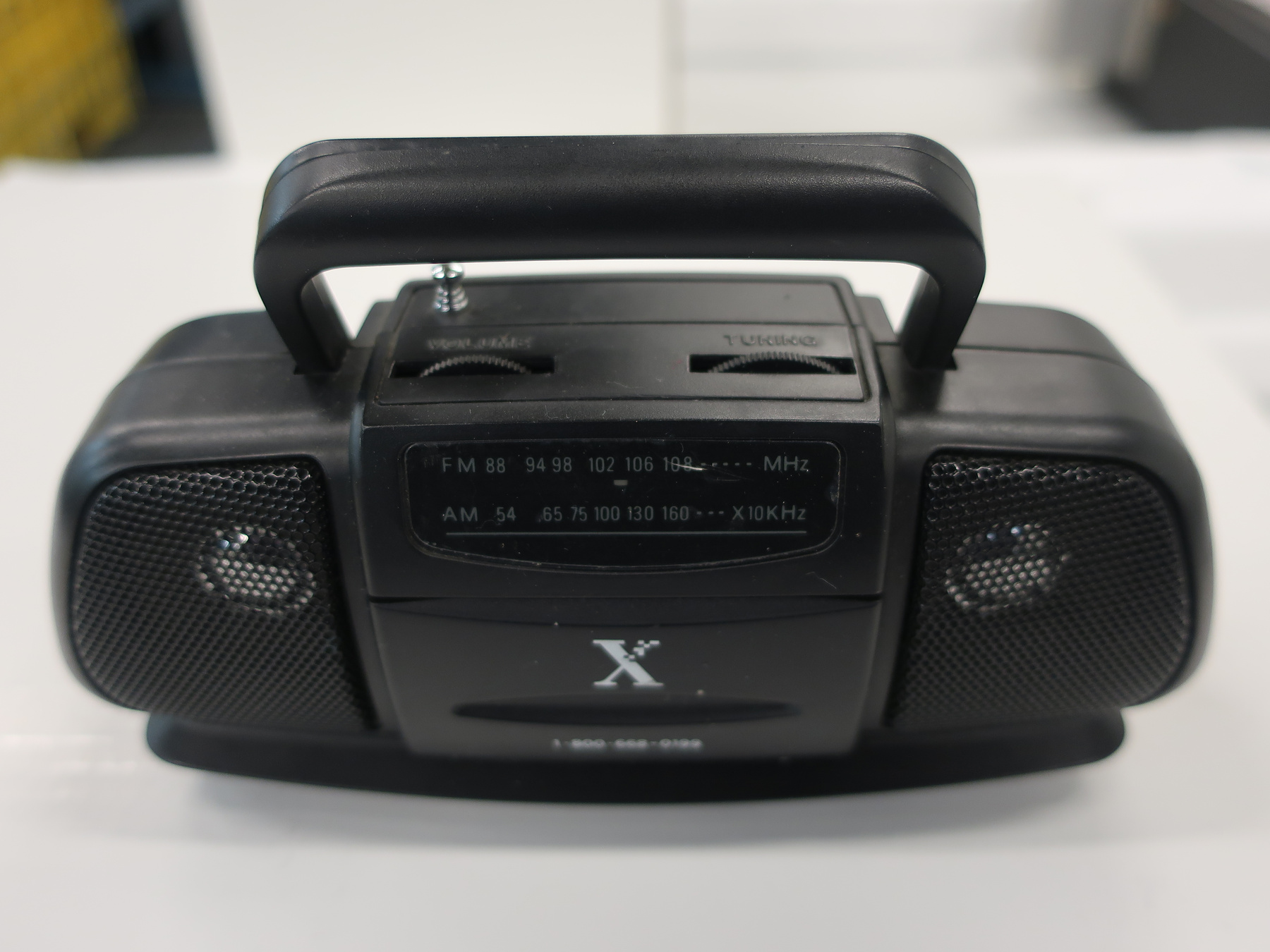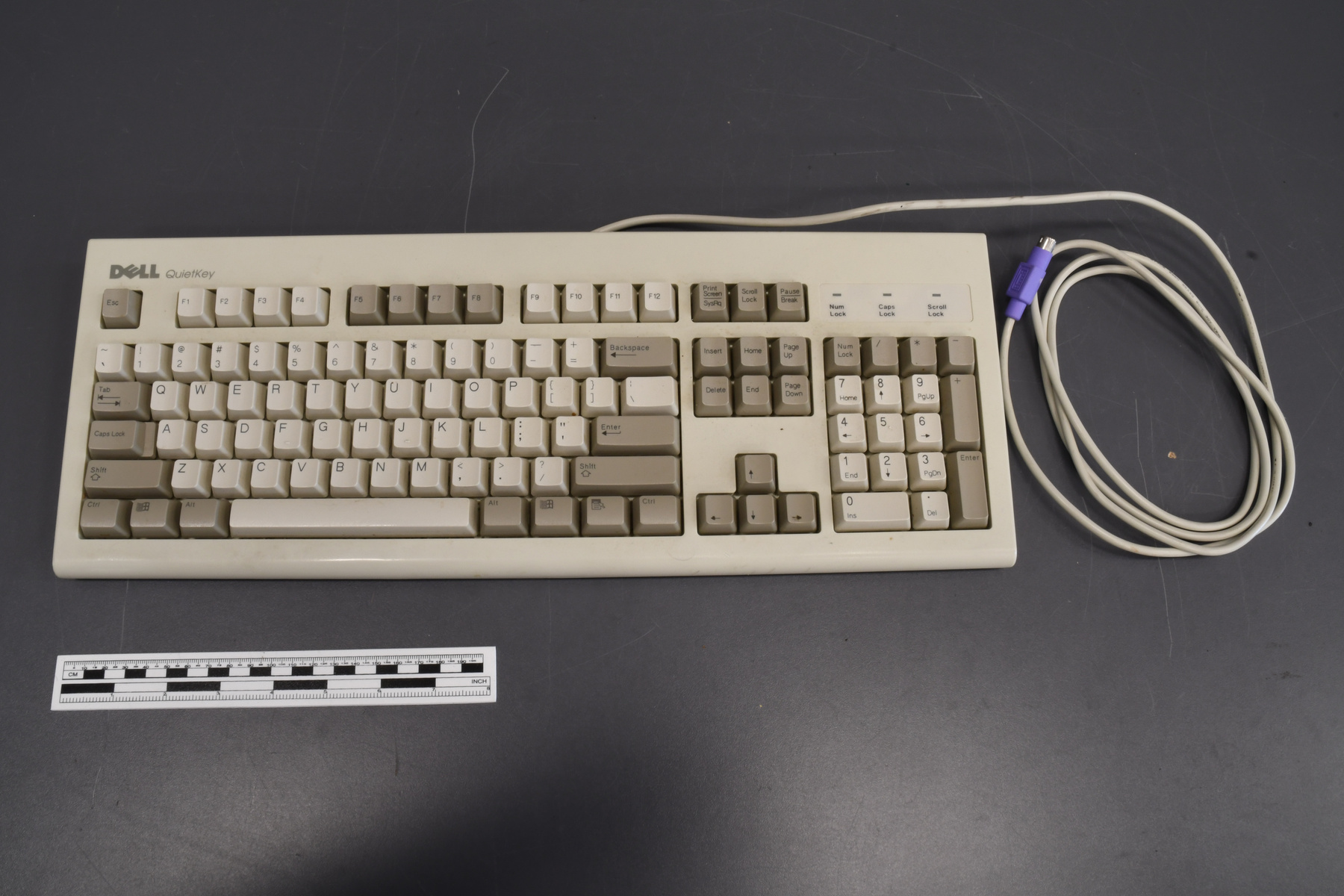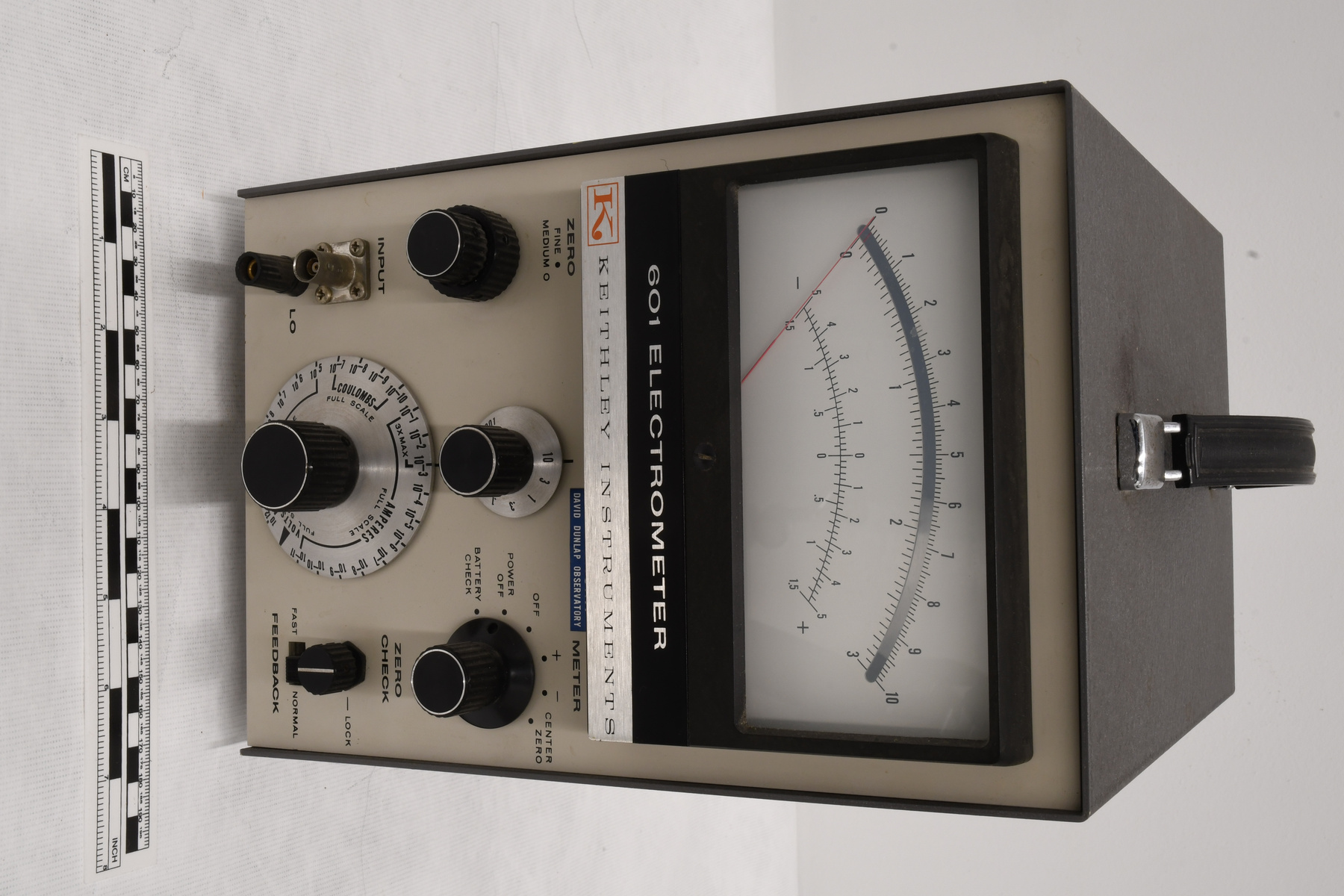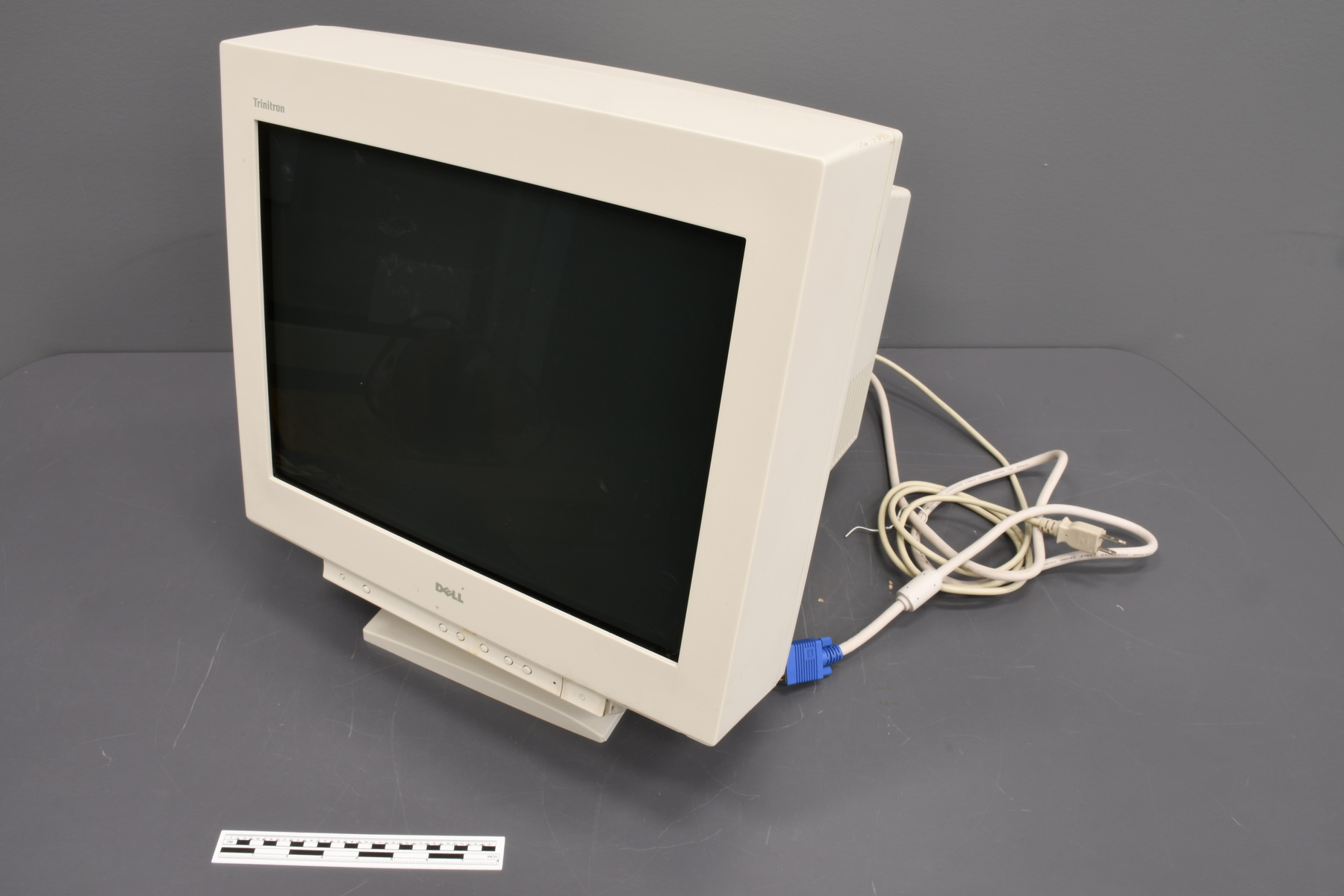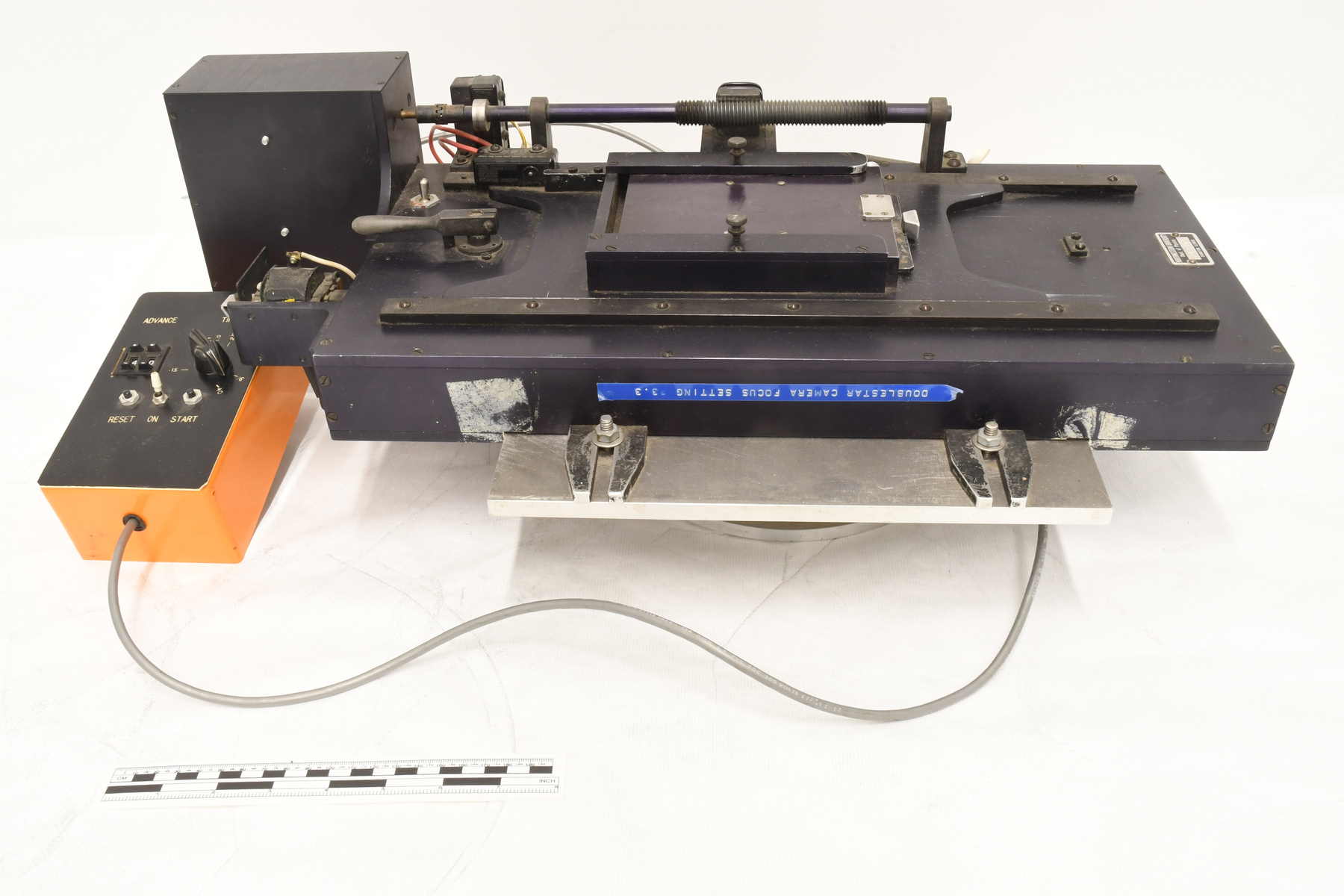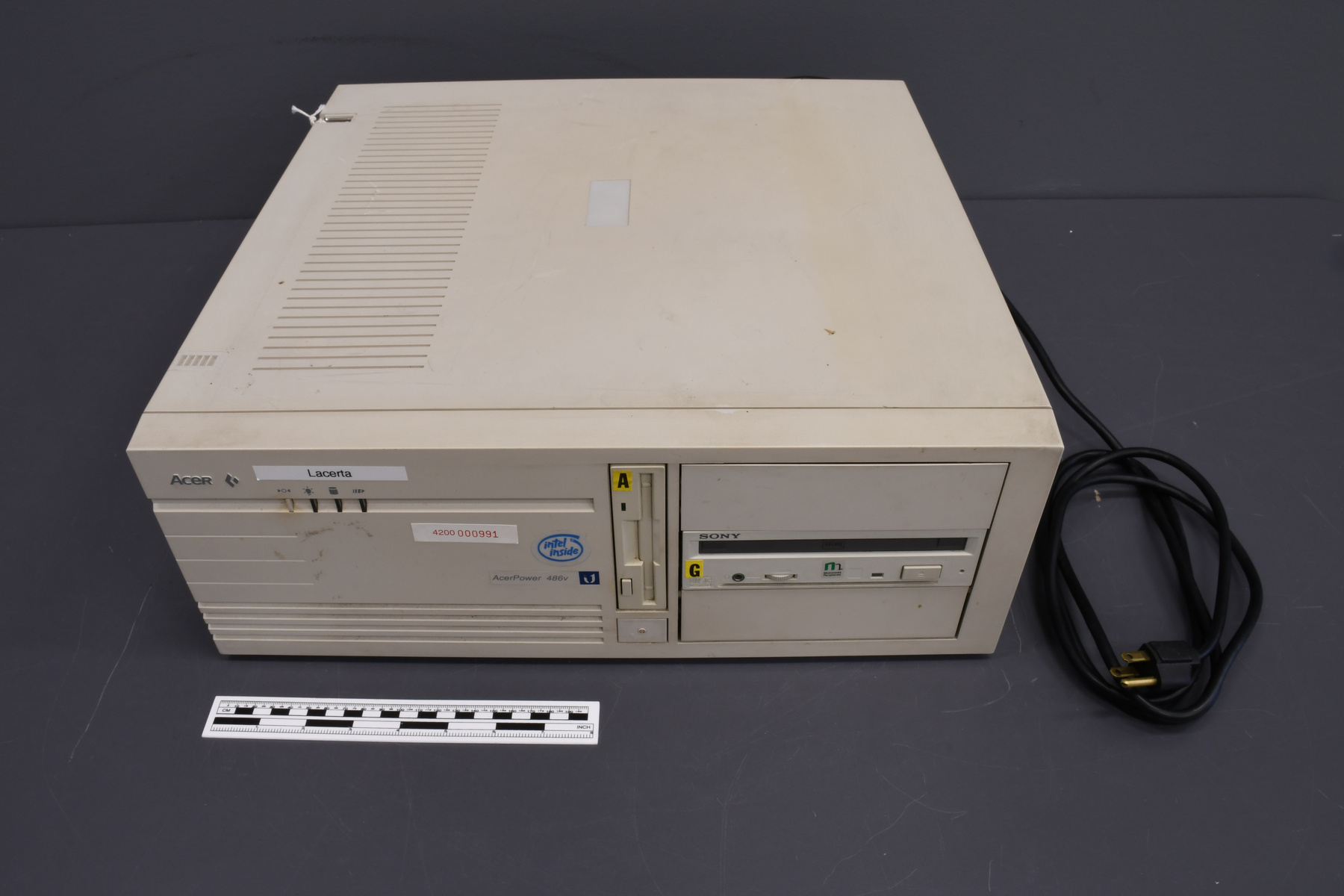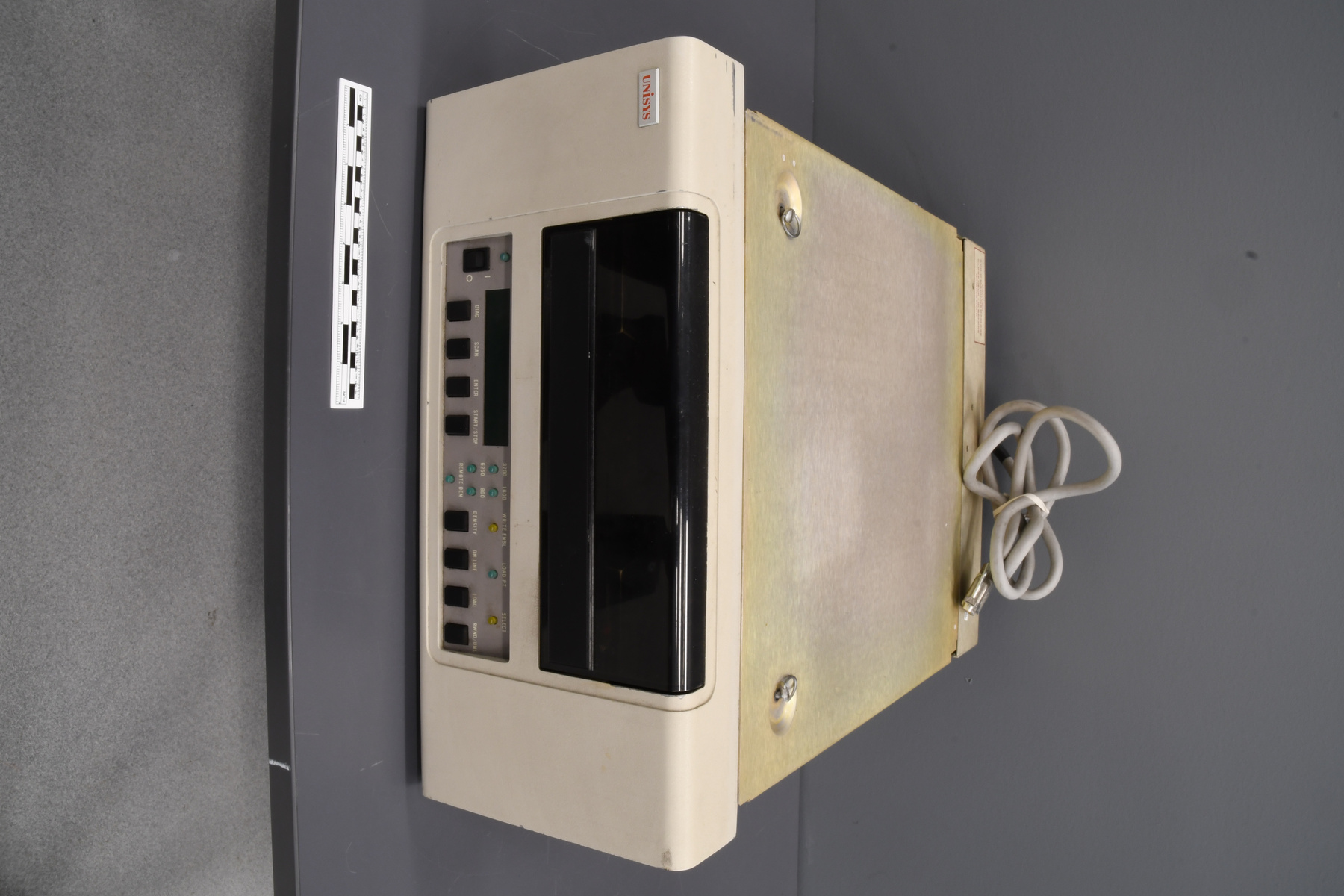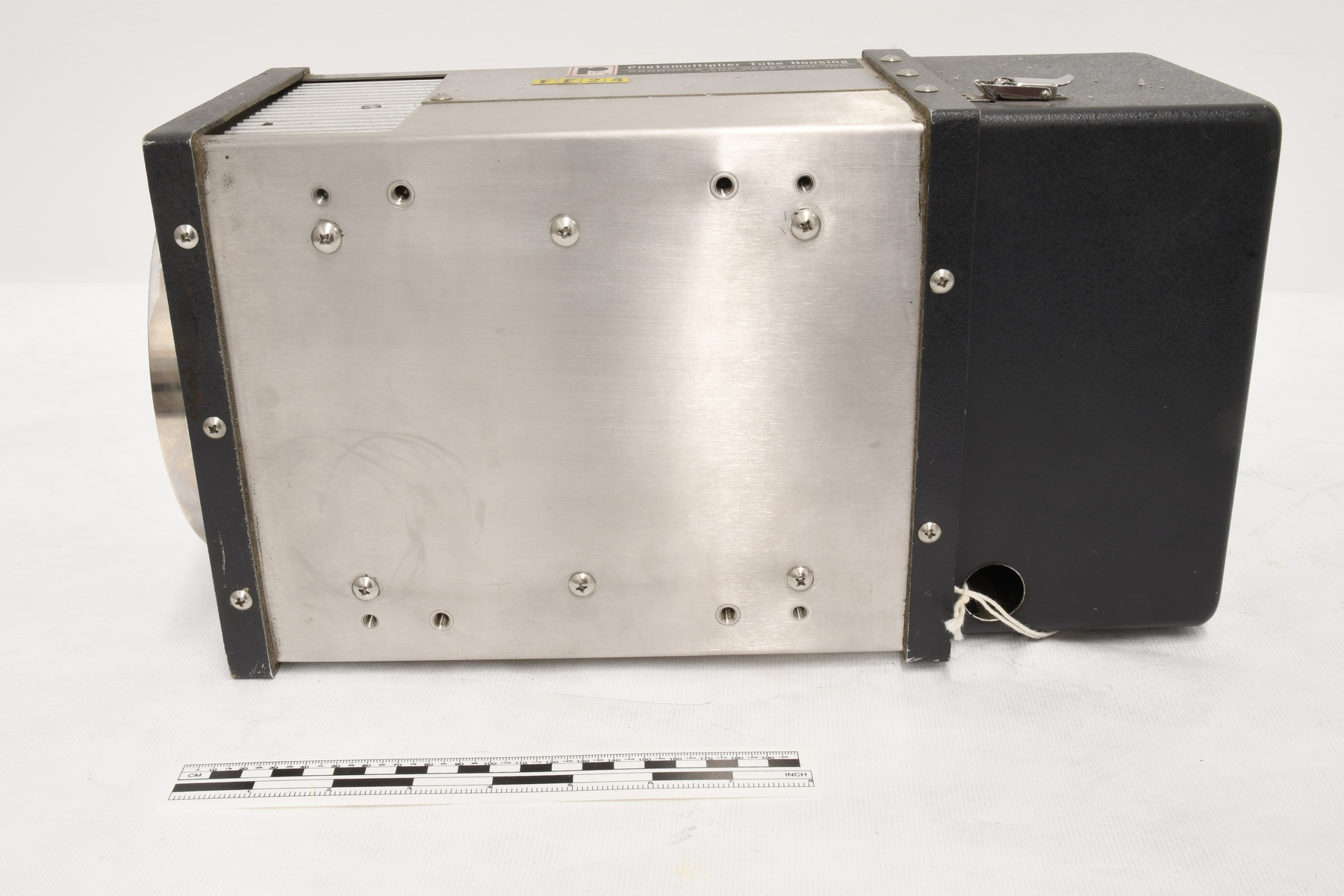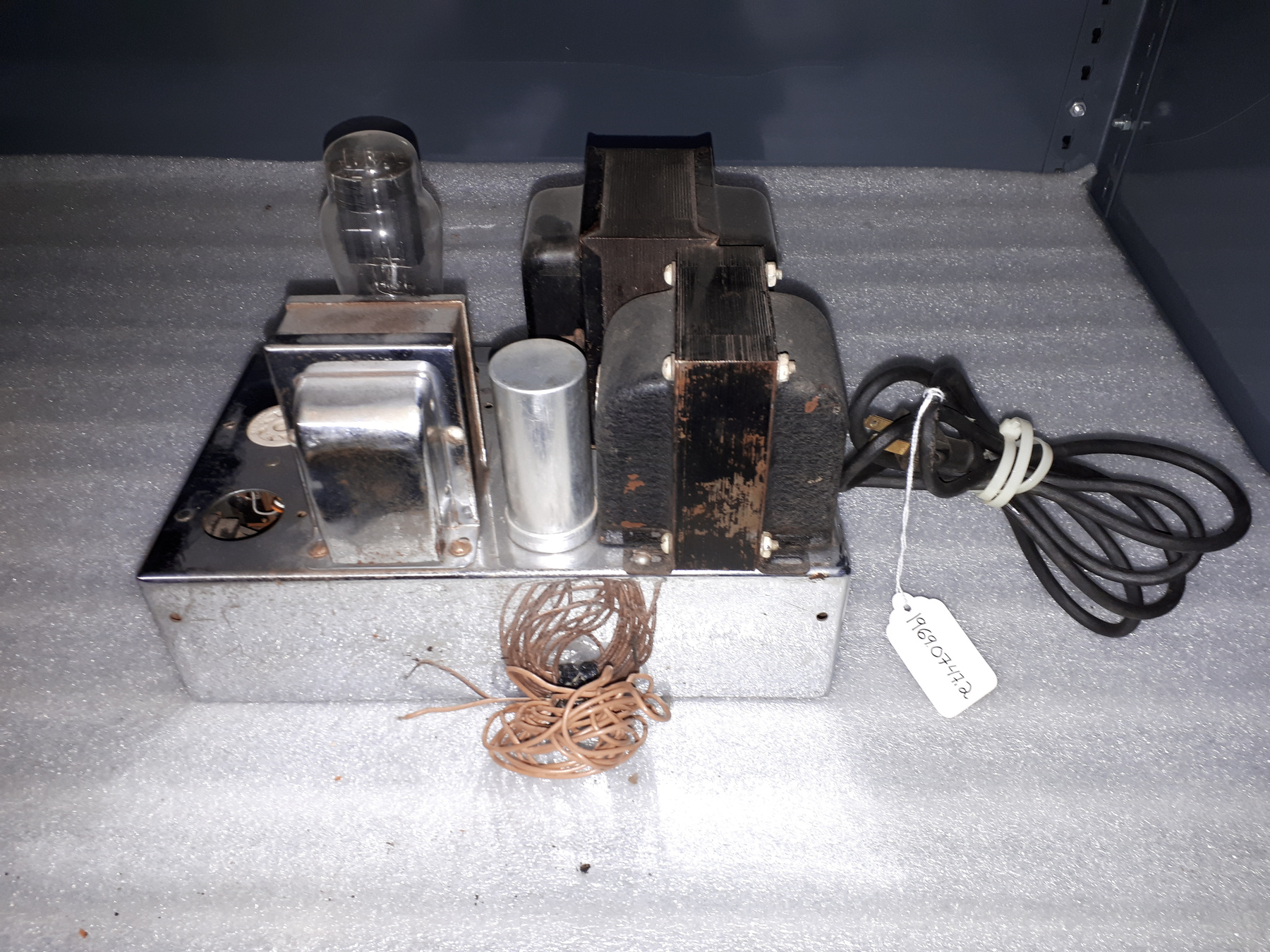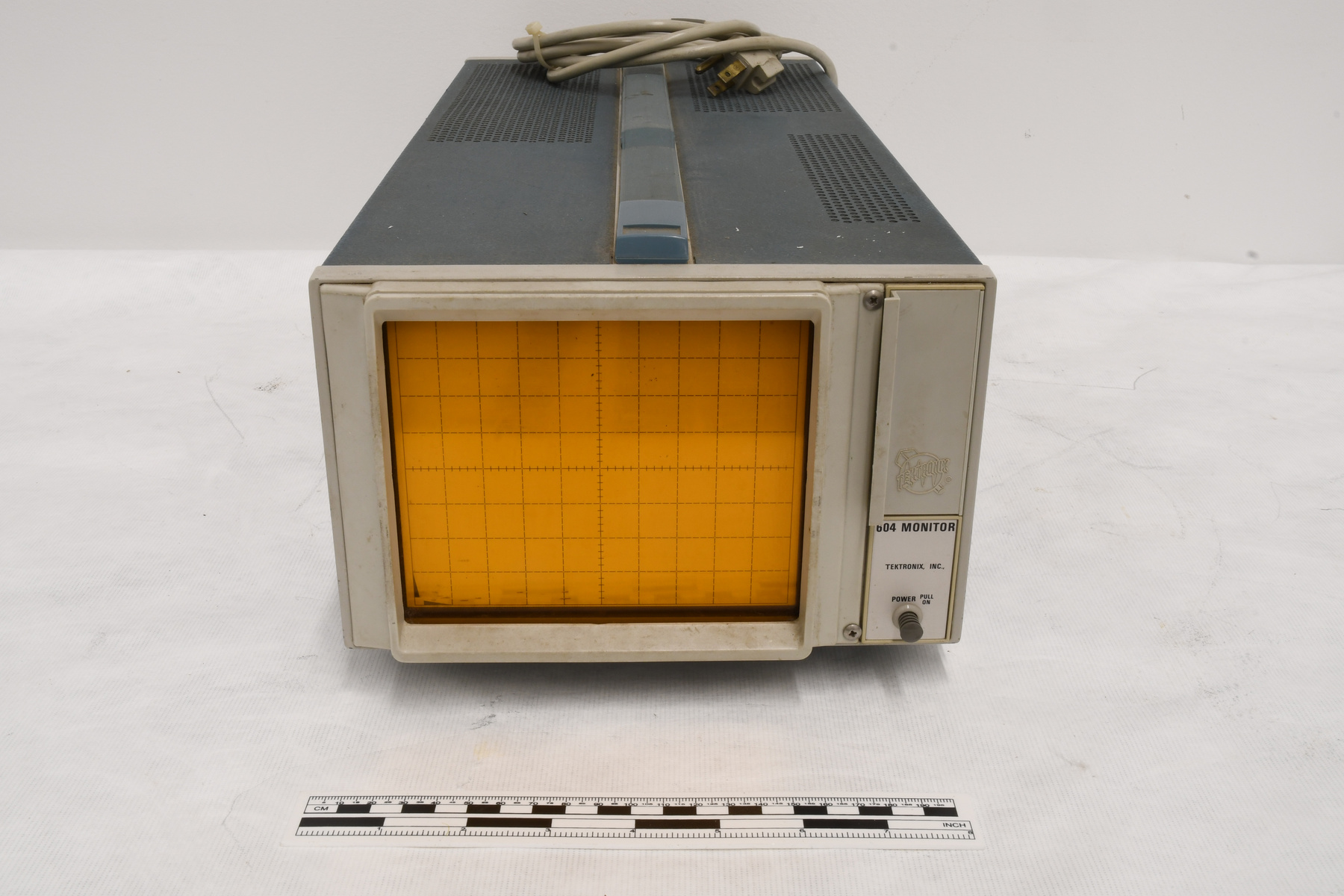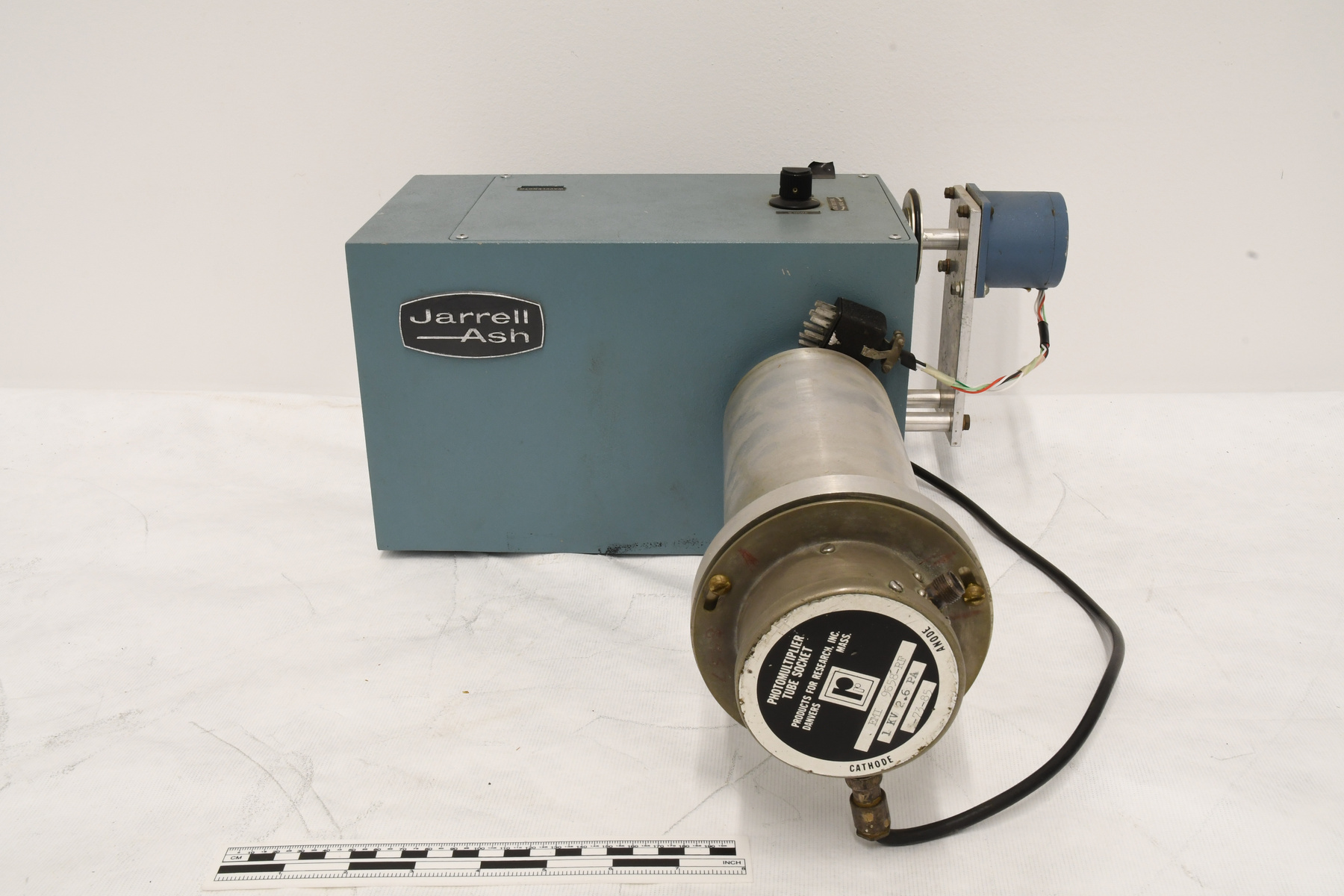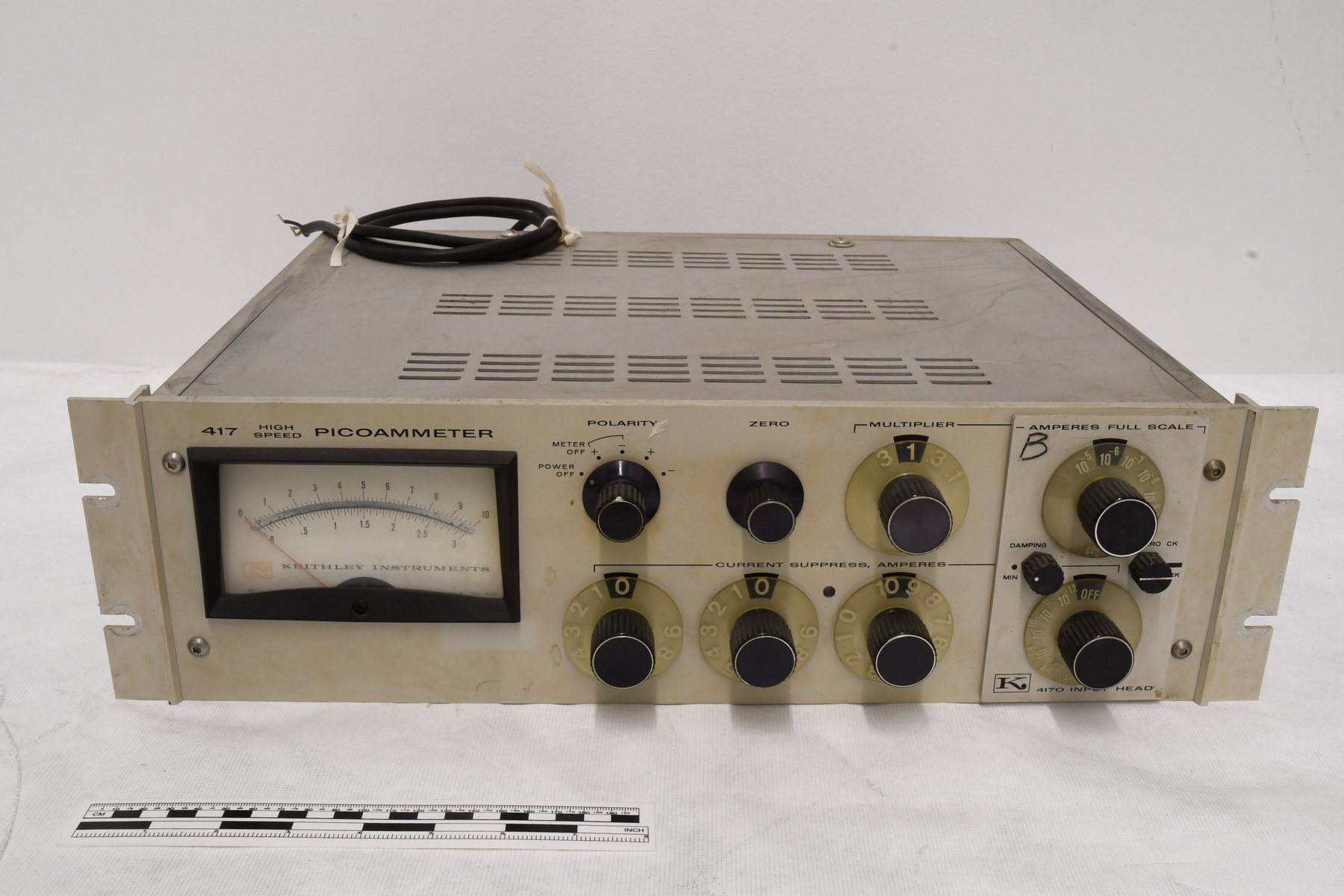Epidiascope
Use this image
Can I reuse this image without permission? Yes
Object images on the Ingenium Collection’s portal have the following Creative Commons license:
Copyright Ingenium / CC BY-NC-ND (Attribution-NonCommercial 4.0 International (CC BY-NC 4.0)
ATTRIBUTE THIS IMAGE
Ingenium,
2008.0187.001
Permalink:
Ingenium is releasing this image under the Creative Commons licensing framework, and encourages downloading and reuse for non-commercial purposes. Please acknowledge Ingenium and cite the artifact number.
DOWNLOAD IMAGEPURCHASE THIS IMAGE
This image is free for non-commercial use.
For commercial use, please consult our Reproduction Fees and contact us to purchase the image.
- OBJECT TYPE
- N/A
- DATE
- 1955–1970
- ARTIFACT NUMBER
- 2008.0187.001
- MANUFACTURER
- Leitz, Ernst GmbH
- MODEL
- Epi-Diaskop Vh 2/ 31-073.000
- LOCATION
- Wetzlar, Federal Republic of Germany
More Information
General Information
- Serial #
- 41575
- Part Number
- 1
- Total Parts
- 6
- AKA
- N/A
- Patents
- N/A
- General Description
- Metal casing, parts, feet/ Synthetic lens caps, controls and parts/ Glass optical elements
Dimensions
Note: These reflect the general size for storage and are not necessarily representative of the object's true dimensions.
- Length
- 113.0 cm
- Width
- 35.5 cm
- Height
- 59.5 cm
- Thickness
- N/A
- Weight
- N/A
- Diameter
- N/A
- Volume
- N/A
Lexicon
- Group
- Astronomy
- Category
- Research
- Sub-Category
- N/A
Manufacturer
- AKA
- Leitz
- Country
- Federal Republic of Germany
- State/Province
- Unknown
- City
- Wetzlar
Context
- Country
- Canada
- State/Province
- Ontario
- Period
- 1955 - 1970 +
- Canada
-
An instrument used at the David Dunlap Observatory at the University of Toronto, one of Canada's most important astronomical observatories. The David Dunlap Observatory opened in 1935 as the result of a bequest from the wife of David Dunlap. The telescope was a 74 inch (188 cm) reflector built by Grubb Parsons of Newcastle-upon-Tyne in England. The 74 inch was then the largest telescope in Canada (surpassing the 72 inch telescope of the Dominion Astrophysical Observatory in Victoria) and became the second largest in the world after the 100 inch Hooker Telescope of the Mt. Wilson Observatory outside Los Angeles. DDO's reputation grew and following WWII, it began to graduate most of the astronomers produced in Canada with University of Western Ontario far behind. Beginning in the 1960s a number of other astronomy departments were created but UofT/DDO held its place, a position it probably still holds. The DDO had a good technical staff which gave them an advantage and, with most of the 1940s to early 1970s top astronomers coming from UofT, grants from NRC and then ENSERC were almost guaranteed and allowed UofT's top astronomers -- Hogg, van den Berg, Fernie, Bolton, Kamper, Martin, etc. to acquire or build some of the best equipment available in university observatories. For optical observatories, only the DAO had technical staff and budgets that surpassed those of DDO. In 2007, citing increasing light pollution, the University of Toronto announced plans to sell the Observatory property. In June 2008, it was sold to Corsica Development Inc., a subsidiary of Metrus Development Inc. and the Observatory was closed. In 2009 the Observatory buildings and 80% of the site were designated a cultural heritage landscape. Also in 2009 Corsica and the Royal Astronomical Society of Canada, Toronto Centre announced an agreement allowing the RASC to provide public education and outreach programs at the observatory, and to operate the 188 cm telescope. - Function
-
An epidiascope is a device used to project images of both opaque and transparent images, typically used to project images of book pages, drawings, mineral specimens, leaves, etc. - Technical
-
An example of a large epidiascope. This device was used to show mounted glass slides in lectures and colloquia. A book or diagram could be placed in the opening on the side to project that as well. The hammertone finish of this instrument suggests a date of manufacture of circa 1955 to 1970. This device displays opaque materials by shining a bright lamp onto the object from above. A system of mirrors, prisms and/or imaging lenses is used to focus an image of the material onto a viewing screen. Because they must project the reflected light, opaque projectors require brighter bulbs and larger lenses than overhead projectors and so generate more heat than an overhead projector. - Area Notes
-
Unknown
Details
- Markings
- Label on back reads 'ERNST LEITZ GMBH WETZLAR/ Epi-Diaskop Vh 2/ Type: 31-073.000 No. 41575/ 110/120 V 220/230/240 V 60 Hz. (c.p.s.)/ P1040 W max 50 W 1000 W max/ FO/ MADE IN GERMANY'/ White lettering on lens housing reads 'LEITZ WETZLAR GERMANY' and 'EPIS 1: 4.3/500mm'/ Black lettering on small lens housing reads 'LEITZ WETZLAR GERMANY' and 'f=250mm'
- Missing
- Unknown
- Finish
- Glossy grey hammertone painted casing/ Black painted textured casing top grille/ Black lens caps/ Plated part/ Colourless transparent glass/ White switch/ Black parts and power cord covering
- Decoration
- N/A
CITE THIS OBJECT
If you choose to share our information about this collection object, please cite:
Leitz, Ernst GmbH, Epidiascope, circa 1955–1970, Artifact no. 2008.0187, Ingenium – Canada’s Museums of Science and Innovation, http://collections.ingeniumcanada.org/en/item/2008.0187.001/
FEEDBACK
Submit a question or comment about this artifact.
More Like This

